‘Zero chance’ for US resolution on Iran arms ban as UNSC readies for vote
As the United Nations Security Council (UNSC) prepares for a vote on a resolution proposed by the US to extend an arms ban on Iran, experts and diplomats at the UN say there is “zero chance” for the draft to pass despite Washington’s attempts to rally support for the push.
The embargo is slated to expire in October under a 2015 UNSC-endorsed nuclear deal between Iran and six world states — Russia, China, Germany, Britain, France and the US.
Washington is, however, seeking to keep the arms ban in place through a UNSC resolution, threatening that it would use a provision in the agreement to trigger a return of all UN sanctions on Iran if the UN body fails to extend the embargo. Ironically Washington abandoned the deal in 2018
The remaining signatories to the deal, even Washington’s own allies, have repeatedly reminded the US that it is no longer a party to the deal and thus cannot use the provision to bring about a renewal of anti-Iran bans.
They have also cautioned that a return of UN sanctions on Iran would likely kill the nuclear deal because Iran would lose yet another major interest under the deal.
The US has already reinstated its unilateral economic sanctions against Iran after leaving the deal in defiance of UNSC Resolution 2231, prompting Iran to suspend parts of its commitments to the JCPOA in response.
Ahead of the UNSC voting session, which is expected to be held later on Tuesday, diplomatic sources and political experts said the US resolution will fail to get the council’s approval.
The anti-Iran draft resolution needs at least nine votes in favor to force Russia and China to use their vetoes, but some question whether the US can even secure those nine votes.
Reuters cited diplomatic sources as saying Tuesday that a last-minute attempt by the European signatories to the JCPOA — Britain, France and Germany — to broker a compromise with Russia and China on the issue had so far proven unsuccessful.
Speaking on condition of anonymity, a Chinese diplomat at the UN, said that “extending the arms embargo on Iran in whatever form lacks legal basis and will undermine efforts to preserve” the nuclear deal, adding that there is “no chance” the text will be adopted.
A European diplomat also said, “This US administration’s goal is to terminate the Iran nuclear deal.”
Meanwhile, a senior UNSC diplomat pointed out that the remaining parties to the JCPOA are opposed to the so-called snapback of sanctions on Iran.
“It’s highly likely ... a number of countries will be saying they have no intention of implementing further sanctions, until the UN Security Council decides whether or not snapback has been carried out legally,” he said.
“I don’t see how the council can decide that given the divisions that will be within it,” the diplomat said. “I don’t see any rush to re-establish sanctions regimes therefore around the world.”
In an interview with Fox News on Monday, US Ambassador to the UN Kelly Craft said, “We have no other choice than to renew the arms embargo,” claiming that Russia and China “are waiting to be able to sell arms to Iran.”
Asked about the next US measure if its resolution failed, Craft said, “We have made it very clear that the US will use every tool in our tool box that the arms embargo is renewed.”
Washington is expected to argue that it legally remains a “participant state” in the JCPOA only to trigger the so-called snapback of the UN sanctions, which had been in place against Iran prior to the nuclear accord’s inking.
But the gambit risks endangering the Iran deal and further alienating the US from its allies, which continue to support the JCPOA.
US resolution ‘curtain-raiser for bigger fight over JCPOA’
Ilan Goldenberg, senior fellow with the Center for a New American Security, stressed that Resolution 2231 is still a “key piece of the architecture that keeps what’s left of the JCPOA alive.”
“If you break it, you might just collapse the entire deal. Nobody really knows what will happen,” he said. “The administration’s position is that lifting the arms embargo is absolutely unacceptable. But their real position is, we want to break the JCPOA, and we think we can use this to do it.”
“The Trump administration knows that the arms embargo isn’t going to get renewed and, more than anything, this is a driver for them to try to invoke snapback and destroy what’s left of the JCPOA,” he added.
Richard Gowan, UN director for conflict prevention advocacy body the International Crisis Group, said there was “zero chance” the US attempt to extend the arms ban would be adopted and that it was “a ploy to get to snapback.”
“Everyone at the UN understands that this resolution is just the curtain-raiser for a much bigger fight over the Iranian nuclear deal,” Gowan noted.
Trita Parsi, executive vice president of the Quincy Institute for Responsible Statecraft, said, “Other JCPOA signatories do not necessarily like to see the arms embargo be lifted, but they view Trump’s actions as dishonest and aimed at simply killing the JCPOA.”
Last week, Nayef F.M. Alhajraf, secretary-general of the Persian Gulf Cooperation Council (GCC), sent a letter to the UN Security Council in support of the US push to extend the arms embargo on Iran.
Rejoiced over the move, US Secretary of State Mike Pompeo was quick to tweet, “Arabs and Israelis are speaking with one voice, and the Security Council must listen.”
Hamas thanks Iran, Resistance Front following achievement of ceasefire in Gaza
'Capitulation': Israeli officials and media concede Gaza defeat as truce unfolds
'Gaza has won': Social media users react to ceasefire with mix of relief, joy
Iran seeks South Korea’s assistance for AI, fiber-optic projects
VIDEO | Iran's 'Eqtedar' (Power) maneuver
Israel hits HTS military target in Syria for 1st time since fall of Assad
VIDEO | Press TV's news headlines
Israel has slaughtered 13,000 students in Gaza, West Bank


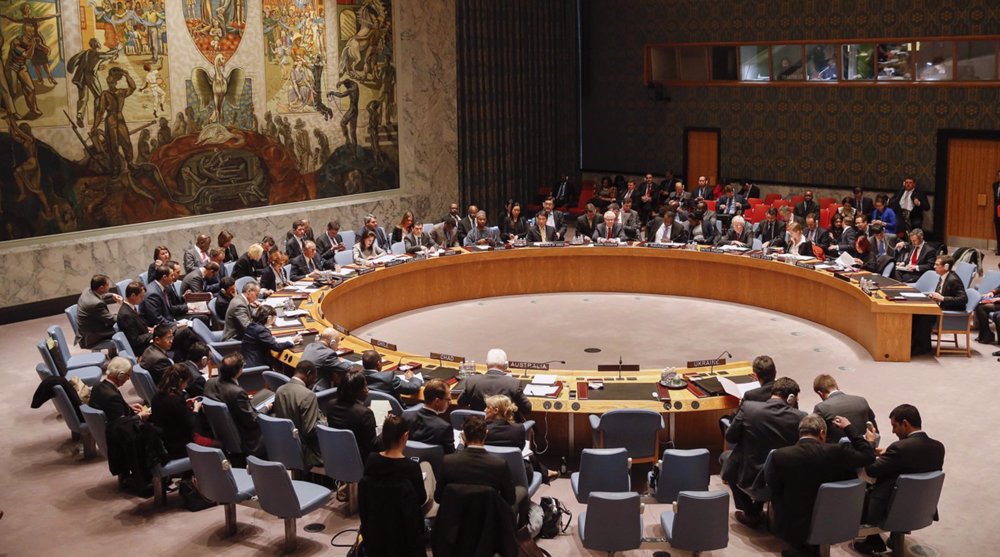


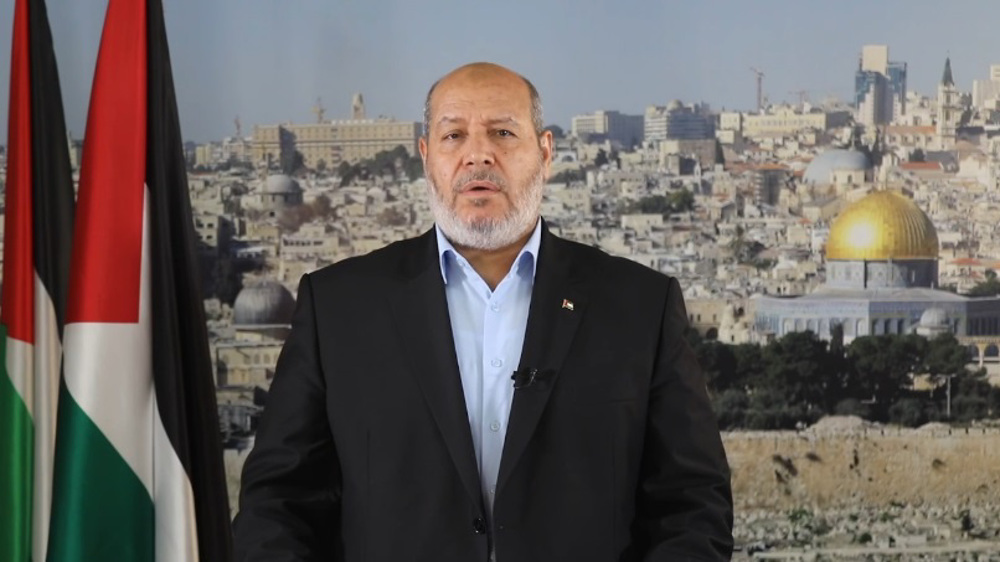





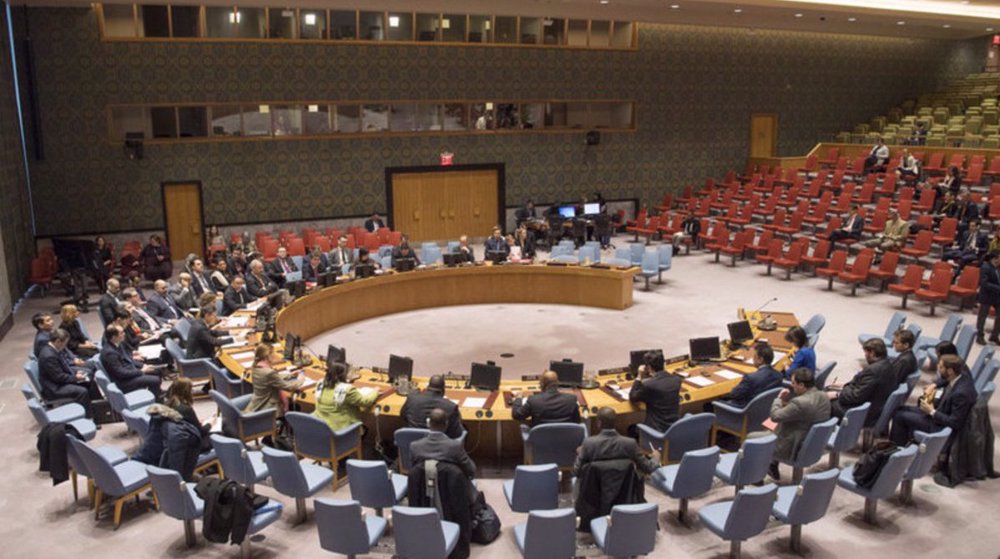
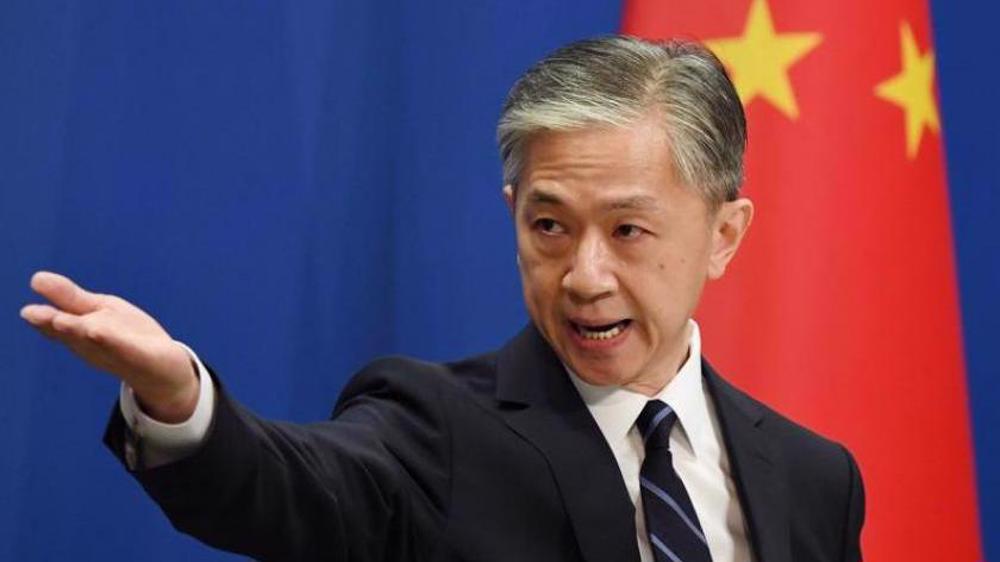
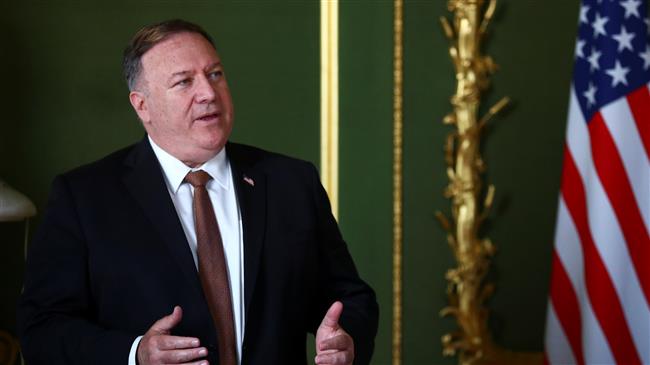
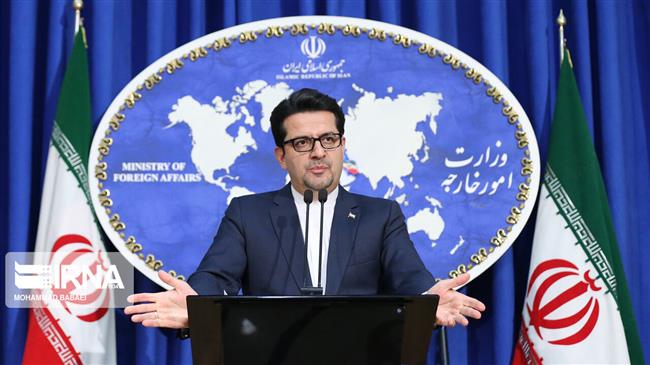

 This makes it easy to access the Press TV website
This makes it easy to access the Press TV website